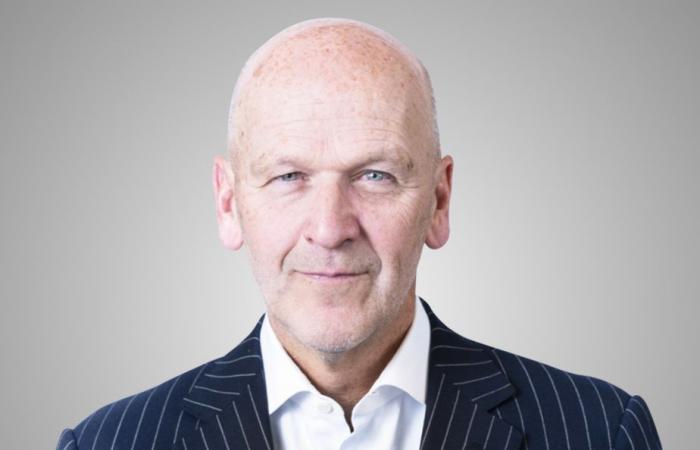I am not fond of the rankings published by the media at the end of the year. Do I really need to be reminded that Patrick Roy became coach of the New York Islanders in January or that a major water main break occurred near the Jacques-Cartier Bridge in August?
Published at 9:00 a.m.
In fact, there are several events that I would rather forget, such as the dishonest maneuvers of our women’s soccer team at the Paris Olympics.
I started to be interested in the Olympic Games before the fall of the Iron Curtain.
The German Democratic Republic (GDR), a satellite of the then Soviet Union, often dominated the aquatic events at the Summer Games. The appearance and build of the East German swimmers left one wondering. We could conclude that they did not only eat schnitzel.
Their performances at the Montreal Games in 1976 (ten gold medals and eight world records) almost overshadowed those of Nadia Comaneci. Even though little information existed at the time on the effects of steroids, the Olympic community suspected that several biochemists were working in the service of sport in the GDR.
Historically, some athletes have looked for shortcuts to the podium – occasionally the fruit of an operation led by a country (like the GDR), but very often a personal initiative driven not by self-improvement, but rather that of the adversary. The increase in doping cases led to the creation of the World Anti-Doping Agency, whose head office is in Montreal. Pierre de Coubertin was not working in a laboratory when he famously declared that “the important thing is to participate”.
And for the longest time, that’s what Canadians mostly did during the Olympics – they participated. The country won a few medals here and there; winning a gold medal provoked spontaneous demonstrations in Canada (should we remember that we had not won any at the Montreal Games?). Over the last 30-35 years, probably thanks to major funding programs set up by governments, Canada has performed better. Not just in the swimming pool or on the athletics track, but also in team sports like basketball and soccer where others have excelled long before us.
Historically – apart from the unfortunate case of Ben Johnson – Canada can boast of adhering to the Olympic principles of fair-play. Our opponents, I am convinced, perceive us as honest athletes (probably as the French, British and Australians in particular are perceived). The Canadian women’s soccer team seriously spoiled things last summer in Paris.
Relying on a techno version of steroids (a drone, etc.), they spied on training sessions of opponents on the eve of the Olympic tournament, notably New Zealand, a team significantly inferior to Canada. A bit as if our men’s hockey team had installed cameras in the amphitheater where France trained before a match against them. The spies got their hands on the remote control. For several weeks, this subject fueled social media and even dominated interviews given to Canadian Olympic athletes. And a nation was seriously ashamed.
Although a few coaches and assistants lost their jobs, it is difficult to believe that only a handful of managers knew of the existence of the operation. Especially since an investigation revealed that these maneuvers had been used for several years by both men’s and women’s teams. I don’t know if what disappoints me the most is the cheating itself or the lack of reporting coming from members of these teams.
What is also surprising is this desire to cheat in a sport where we excel. It’s not like we’re going back 40 years with few players of international caliber and even fewer financial resources. The women’s team had won the gold medal at the last Summer Games in Tokyo (in 2021).
Like the East German swimmers – this time, I agree, without the imprimatur of the state – we were going to take every means at our disposal to win.
I usually find that parliamentarians are in trouble when they have a scandal under their belt. But this time, they had every reason to be outraged and to demand accountability. It is not only the image of Canada that has suffered, but also the confidence of Canadians in the leaders of the sports disciplines they finance.
We are often at the mercy of patriotic sentiments during the Olympic Games. The performances of our athletes and the incredible sacrifices they make are in our throats. But we had to send a strong message to the entire Canadian Olympic movement – we would rather finish eighth than finish first by cheating.
What do you think? Participate in the dialogue






